John 20:19-22[i]
Lauren J. McFeaters
April 19, 2020
Jump to video
As we meet Jesus, he comes to stand among his friends on Easter night. He comes through bolted doors to stand among the ones who feel dead themselves; entombed in their own grief; buried in their own hell; interred with their lifeless dreams.
Jesus arrives. A tomb can’t keep him in. A bolted door can’t keep him out. He undresses. He reveals his damaged body: his injuries, his lacerations, where he was impaled, torn hands, shredded feet.
We might expect that the disciples would be celebrating by now. Instead, we find them huddled behind locked doors in fear. They are afraid for their own lives, afraid of very uncertain futures. But I think the disciples are also afraid of Jesus. They’ve failed him miserably. Peter has denied him, they’ve deserted him; they’ve abandoned him. Perhaps the last person they want to meet is Jesus, risen from the dead to confront them with their failures. [ii] So they’ve locked themselves in and him out.
Have you ever met anyone who is locked in?
You don’t have to knock very hard on any door of any heart to find someone who won’t let themselves out.
Have you ever been locked in? These are inexplicable and strange days, these COVID-19 locked in days. Locked in, locked out. We have a totally new way of existing and except for those on the front lines of care, most of us are supporting people from afar.
Have you ever been fully locked in or locked out?
Apparently, Jesus hasn’t.
There are no walls thick enough to block the entry of the Risen Christ. Joining the disciples in the safe house he comes to them as no apparition, no ghost, no vision who pops in for a visit to say all is well.[iii]
He comes to his terrified and panicky friends with a healing salve; a restorative balm, a simple: “Peace be with you.”
It’s also translated as “Shalom.” Shalom is a rich word. Rabbi Adam Feldman taught me about Shalom. He said Shalom means completeness, wholeness, health. Shalom is a spirit is of wellbeing, safety, soundness. Its heart is fullness, rest, and harmony. Its root is to be perfect and full.
“Shalom be with you,” Jesus says.
- The Peace that passes all understanding, be with you.
- Shalom will keep your hearts and your minds in me.
- Peace and I give you rest.
- Shalom and you will find rest for your souls.
- My Peace I leave with you. My shalom I give to you. Not as the world gives, do I give to you…”
These first words of shalom are no mere band aid for fright; they’re no mere medicine for terror. His words of peace are a healing, a strengthening; an establishment of joy. He gives peace that provides solace in the face of persecution, a promise of new possibilities, and confidence in his ability to overcome “the world.” [iv]
You see the disciples came together in fear; but they will go out together in faith.
And that kind of Shalom, the kind that Jesus breathes on us brings a healing, a strengthening; an establishment of joy. It’s so much like the vulnerability Jesus brings to the locked house. He undresses before us. He reveals his damaged body: his injuries, his lacerations, where he was impaled, his torn hands, his shredded feet. “Receive the Holy Spirit,” he says. My shroud is gone, now take off yours. Come out of your cave. No more hiding, no more being locked in and locked out, no more burial, no more tomb, no more shame, no more guilt, no more regrets.
I want to tell you about my Grandfather Ivan Hillman. He grew up on a farm in Wexford, Pennsylvania, outside Pittsburgh. It was a tough life without much affection or tolerance. He grew up hardened to emotion, completely self-contained, and showed little warmth. I loved him very much. He didn’t make it easy. But much later in life he had a stroke and it changed him.
The stroke was a gift.
In those last months of his life, he gave our family a gift. And it is this: throughout his last days he became vulnerable; vulnerable in the most beautiful ways. Most probably because of the stroke, his reserve fell away, his sweetness was let loose. He laughed. He let us celebrate him. We held his hands, wrapped arms around him. We prayed, shared, and created a bond. No more intolerance, no more sternness, no more austerity.
He wept more. Smiled more. Shared more. And most of all, most important of all, through the gate of his vulnerability, he allowed us inside; welcomed us; made room for us, he enfolded us.
At the center of the Easter Gospel, At the core of this New Season, is a great vulnerability that Jesus Christ comes looking for us.
- And when we allow ourselves to be found;
- When we take off our shrouds and come out of our graves;
- When we let go of the shame, the guilt, the regret;
- When there’s no more hiding, no more resistance,
- No more being locked in;
- Then the walls come crumbling down;
- And the One who bears our every weakness is there with compassion,
- The Good Shepherd comes to his friends, his sheep, his flock:
“Receive the Holy Spirit.”
“You are free.”
Thanks be to God.
ENDNOTES
[i] John 20:19-22, NRSV: When it was evening on that day, the first day of the week, and the doors of the house where the disciples had met were locked for fear of the Jews, Jesus came and stood among them and said, “Peace be with you.” After Jesus said this, he showed them his hands and his side. Then the disciples rejoiced when they saw the Lord. Jesus said to them again, “Peace be with you. As the Father has sent me, so I send you.” When he had said this, he breathed on them and said to them, “Receive the Holy Spirit.”
[ii] Elisabeth Johnson. Working Preacher “Commentary on John 20:19-31.” April 27, 2014, www.workingpreacher.org.
[iii] Alyce M. McKenzie. “Locked In and Locked Out: Reflections on John 20:19-29.” April 1, 2013, Patheos.com.
[iv] Elisabeth Johnson. Working Preacher “Commentary on John 20:19-31.” April 27, 2014, www.workingpreacher.org.

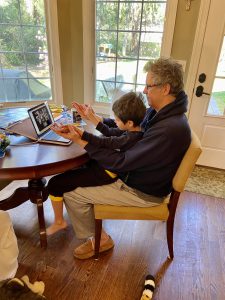
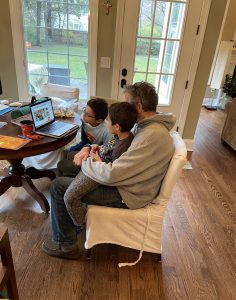


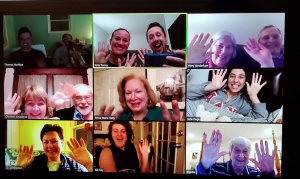 [/ezcol_1half][ezcol_1half_end]
[/ezcol_1half][ezcol_1half_end]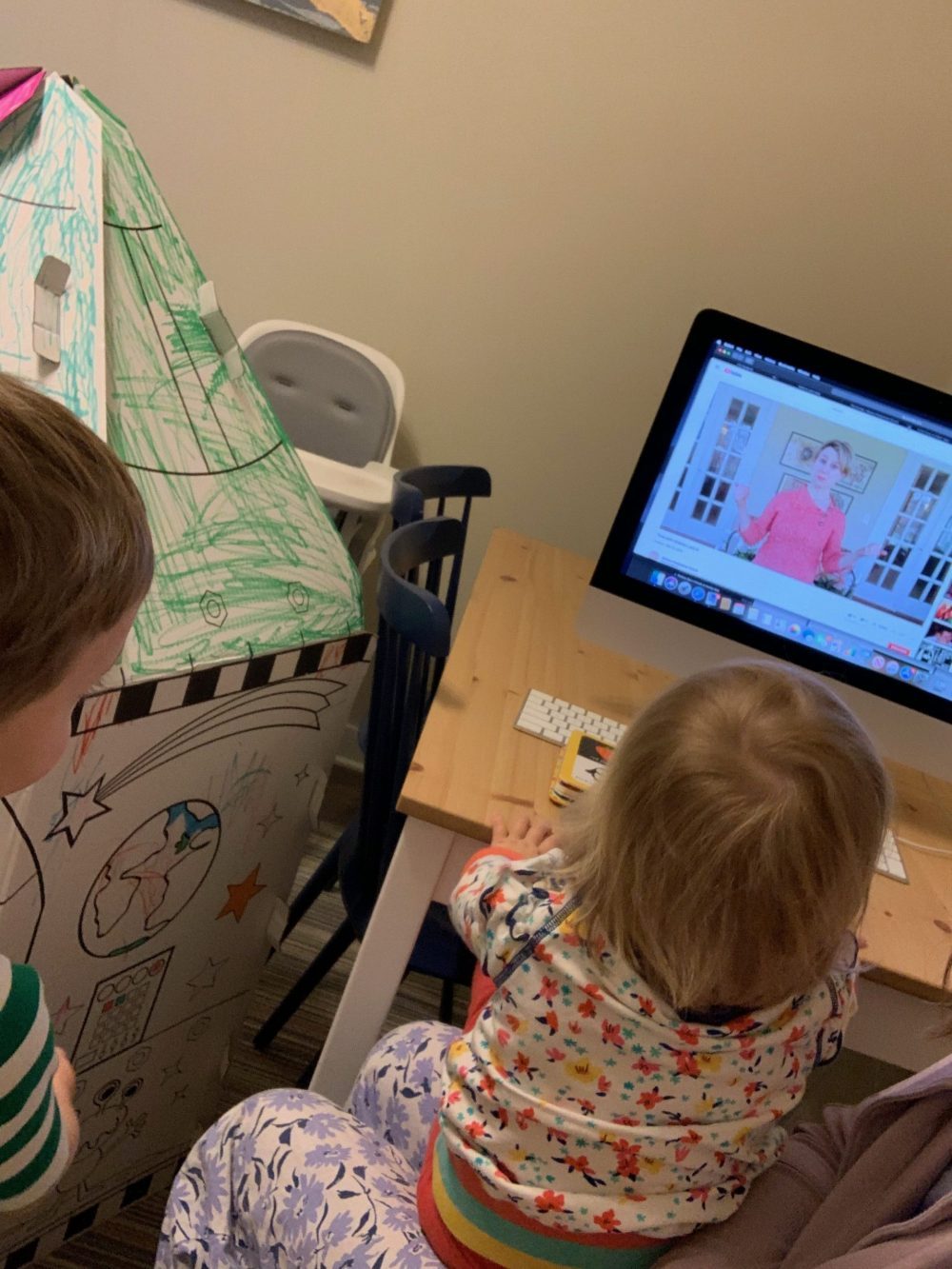 [/ezcol_1half_end]
[/ezcol_1half_end]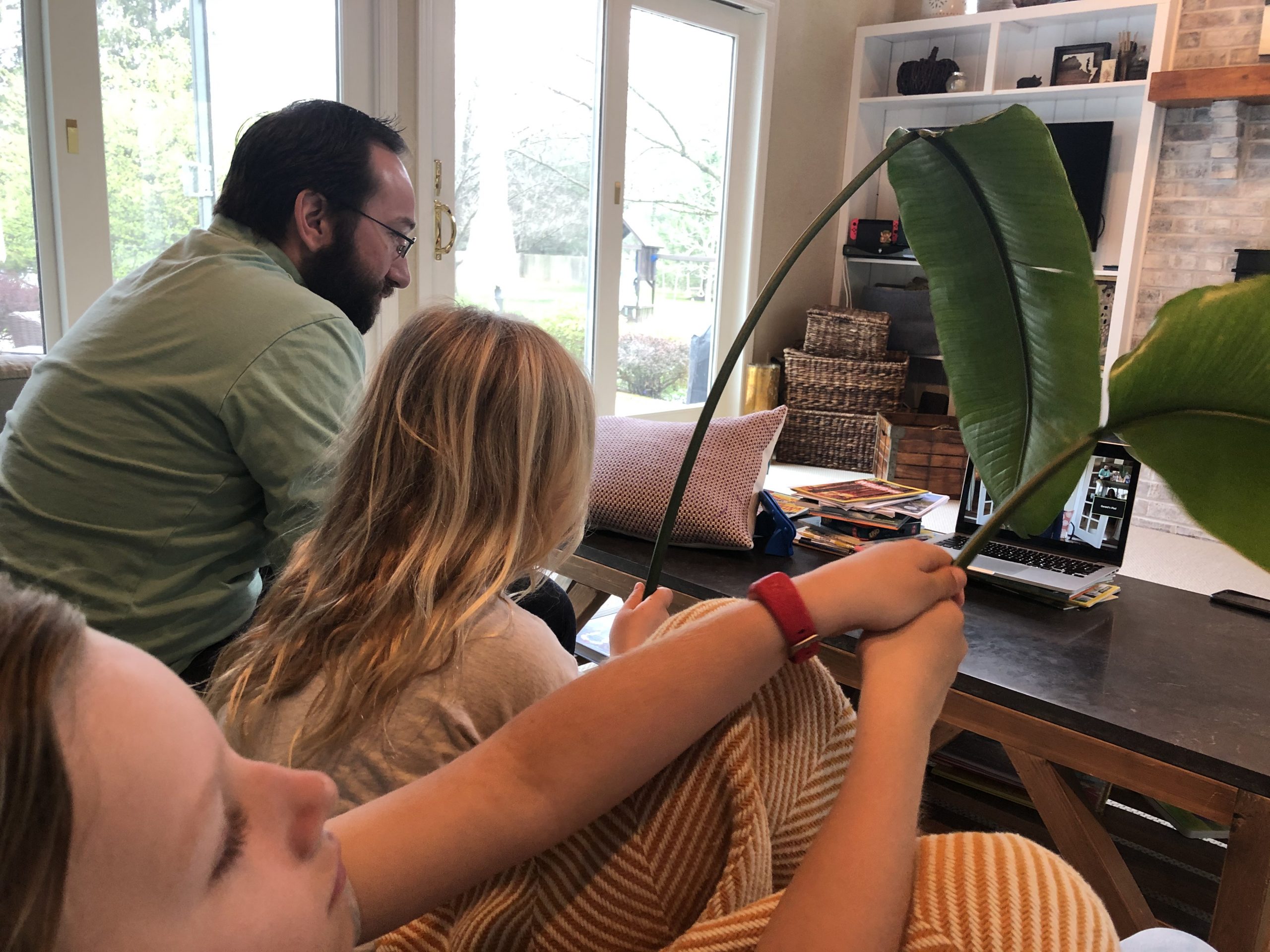 [/ezcol_1half][ezcol_1half_end]
[/ezcol_1half][ezcol_1half_end]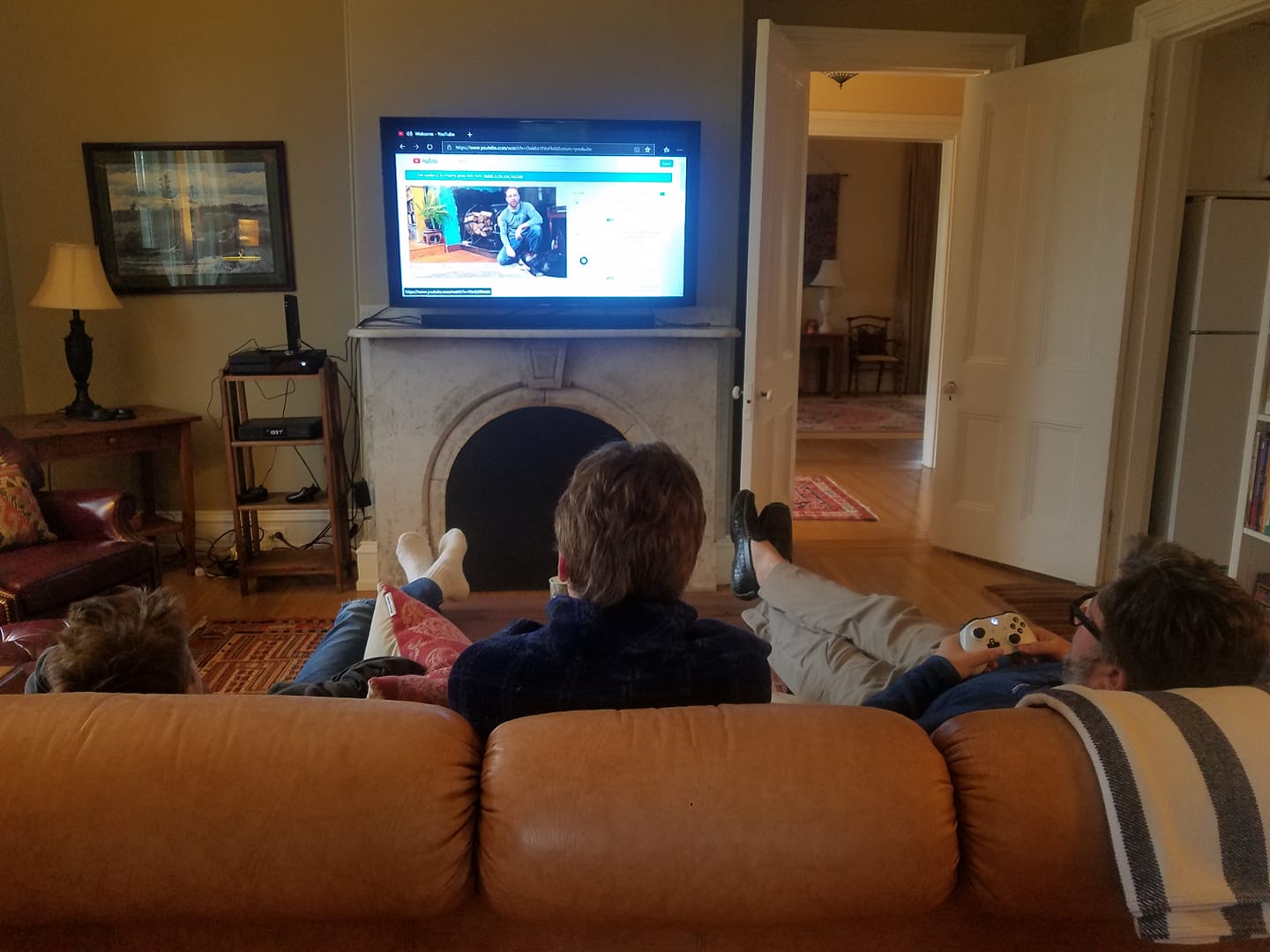 [/ezcol_1half_end]
[/ezcol_1half_end] [/ezcol_1half][ezcol_1half_end]
[/ezcol_1half][ezcol_1half_end] [/ezcol_1half_end]
[/ezcol_1half_end]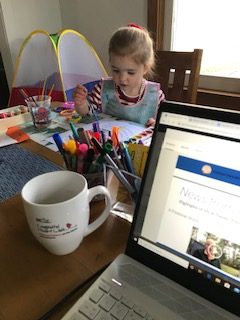 [/ezcol_1half][ezcol_1half_end][/ezcol_1half_end]
[/ezcol_1half][ezcol_1half_end][/ezcol_1half_end]